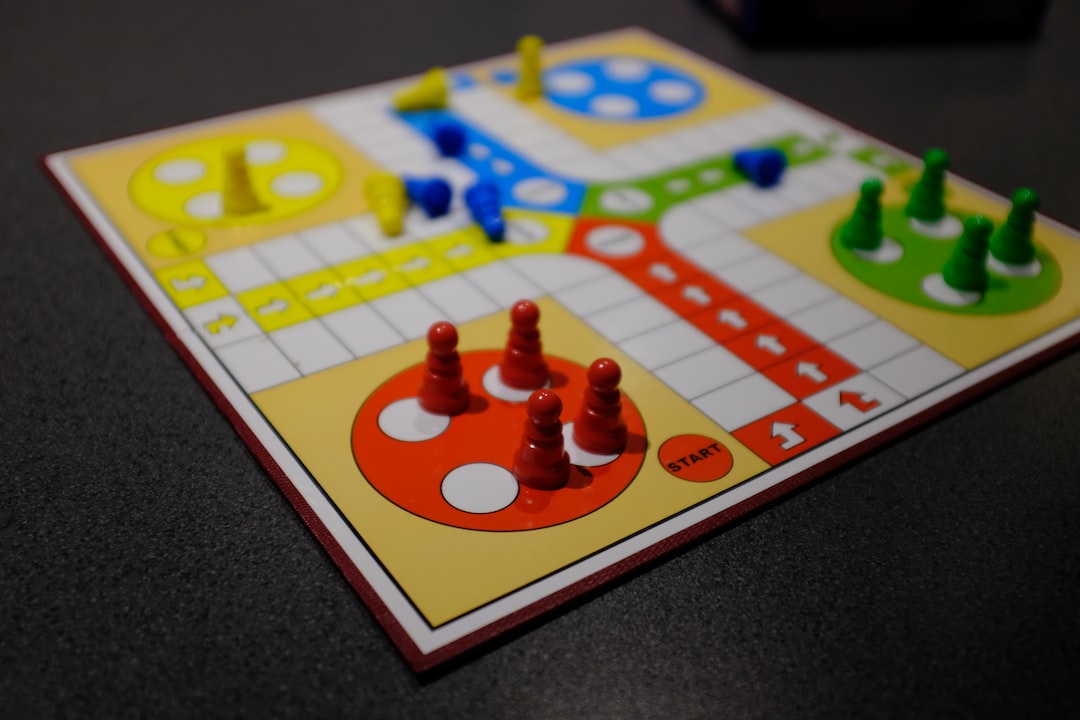From Board to Screen: Successful Adaptations of Board Games into Video Games
Ever since the birth of video games, developers and designers have been searching for unique and exciting content to bring to life on screen. In recent years, one unexpected source of inspiration has emerged: board games. What was once an exclusively physical and social activity has now become a digital collaboration that allows gamers to experience the thrills and challenges of their favorite board games on a whole new level. This blog post will explore some of the most successful adaptations of board games into video games and delve into the reasons behind their popularity.
One of the most well-known board game adaptations is “The Settlers of Catan,” which made its jump to digital platforms in 1999. This German strategy game, created by Klaus Teuber, captured the hearts of board game enthusiasts with its intricate gameplay and clever resource management. The video game adaptation allowed players to experience the joy of building and expanding their settlements, but with the added bonus of online multiplayer. This feature revolutionized the concept of social gaming, as players could now connect with friends from all around the world to trade resources, negotiate deals, and compete for victory.
Another highly successful board game turned video game is “Ticket to Ride.” Originally designed by Alan R. Moon, this game invites players to build train routes across various destinations on a colorful game board. The digital adaptation captured the essence of the original gameplay while introducing stunning visuals and immersive sound effects. Moreover, its online multiplayer feature enabled players to challenge opponents from different countries, thereby broadening the game’s community and enhancing its replay value. The success of “Ticket to Ride” as a video game solidified its place as a classic in both physical and digital realms.
In recent years, the popularity of cooperative board games has soared, and this trend has translated seamlessly into the world of video games. “Pandemic,” designed by Matt Leacock, is a prime example of such a cooperative board game that has successfully made the transition. The game puts players in the shoes of disease-fighting specialists, who must work together to cure four deadly diseases threatening humanity. The video game adaptation of “Pandemic” retained the cooperative gameplay while incorporating stunning graphics and a dynamic UI. Playing with friends became even more convenient, as players could join forces online and collaborate in real-time to save the world from a global pandemic.
One of the key factors contributing to the success of these adaptations lies in their ability to preserve the core mechanics and essence of the original board games. By staying true to the fundamental concepts and rules, developers have managed to maintain the familiarity and appeal that made the original board games so beloved. Simultaneously, they have leveraged the advantages of video game technology to create visually stunning environments, enhance social interactions, and amplify the overall gaming experience.
Additionally, the convenience and accessibility of digital adaptations have attracted a larger audience. Physical board games often require a dedicated group of players, a suitable playing area, and a lengthy set-up process. With video game adaptations, players can jump into a session with friends or strangers at any time and enjoy the game without worrying about setup or storage. Furthermore, the online multiplayer feature makes it possible for players to connect with others from all corners of the world, fostering a sense of community and expanding the gaming experience.
As the success of board game adaptations into video games continues to grow, it is clear that this trend is here to stay. The constant advancement in technology allows for even more faithful adaptations, and the demand for unique and engaging board game experiences remains unabated. Whether you’re a fan of strategy, cooperation, or intense competition, there is now a video game adaptation of a board game that will cater to your interests and provide hours of entertainment.
In conclusion, the transition from board games to video games has proven to be a fruitful endeavor. Games like “The Settlers of Catan,” “Ticket to Ride,” and “Pandemic” have successfully bridged the gap between these two worlds, offering players new and exciting ways to experience their favorite board games. By preserving the core mechanics and taking advantage of the digital medium, developers have managed to captivate a broader audience while retaining the charm and essence of the originals. So, grab your virtual dice and prepare to embark on a gaming adventure like never before – from the board to the screen.


